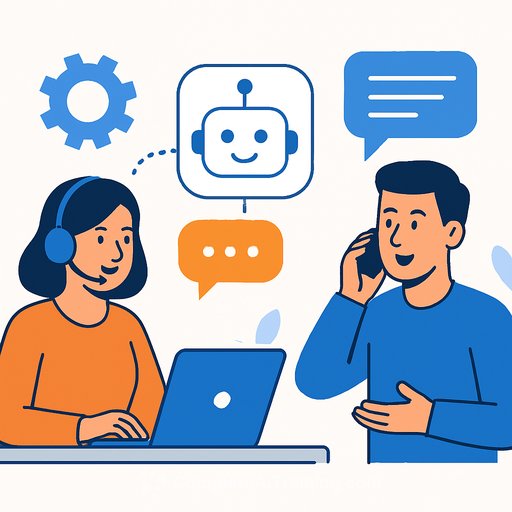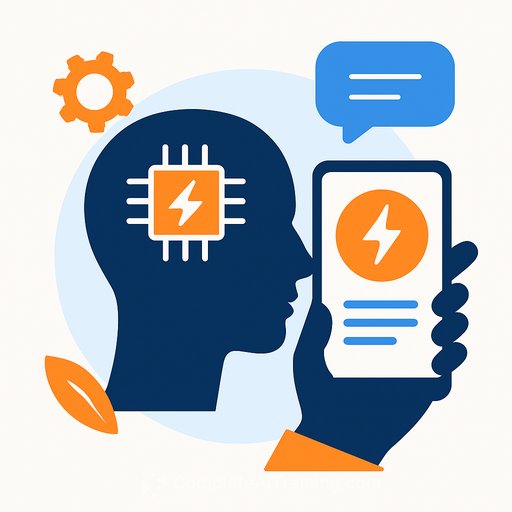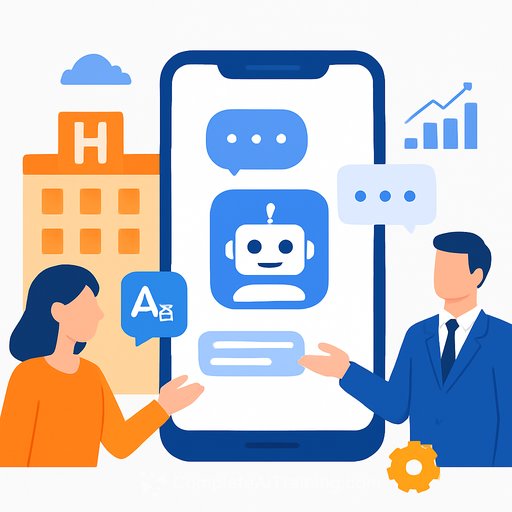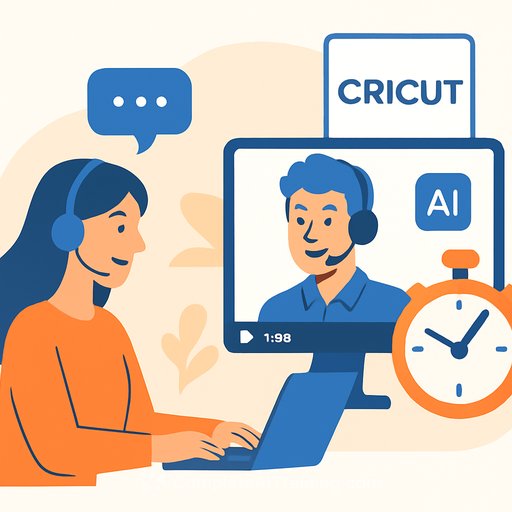Why Paying Only for AI Support Success Makes Sense
Customer support teams deploying AI bots often face a crucial question: should you pay for every AI interaction or only when the AI actually solves a customer’s problem? Dimitri Masin, CEO of Gradient Labs, argues the smarter approach is to pay only when the AI delivers a successful resolution.
Current models like Salesforce charge per conversation—around $2 regardless of the outcome. However, research shows that AI agents successfully resolve single-turn requests only about 58% of the time, and multi-turn conversations even less, at 35%. This means companies often pay even when the AI fails to solve the issue, which does little to push AI improvement or deliver clear value.
The Problem with Paying Per Conversation
Paying for every AI conversation disconnects cost from actual results. If an AI bot can’t resolve the query and a human must step in, the company ends up paying twice—once for the AI and once for human intervention. This setup fails to incentivize vendors to improve AI effectiveness.
Masin points out that Salesforce markets much higher success numbers, claiming their AI assistant resolves 83% of customer queries without human help. Still, without a pricing model tied to actual problem resolution, companies struggle to measure clear return on investment (ROI).
Billing Per Resolution Offers Clear ROI
Masin’s approach is straightforward: companies should only pay when an AI agent fully resolves a support ticket. This model directly links cost to value, making it easier for businesses to calculate savings compared to human agents.
For example, if a human agent costs $5–$10 per resolution, and an AI agent can deliver the same result for significantly less, the ROI becomes transparent and compelling. This clarity is especially valuable given many enterprises worry about rising AI compute costs.
Accounting for Complexity with Tiered Pricing
Not all support tickets are equal. Some issues take a minute for a human to solve, others can take 30 or 40 minutes. Flat-rate pricing per resolution doesn’t capture this variation, which can skew ROI calculations.
Gradient Labs addresses this with tiered pricing based on resolution rates. For example:
- At 50% resolution, one price applies
- At 70%, a higher price applies because more complex queries are automated
This way, pricing reflects the complexity and value delivered. Masin aims to price AI support at roughly 30% of the cost of human agents, enabling companies to save about 70% on support costs when using AI efficiently.
Real-World Performance and Customer Satisfaction
Without customization, Gradient Labs’ AI agents resolve 40–60% of queries, translating to around 20% cost savings. With data integration and optimization over 3–5 months, resolution rates can reach 80–90%, as demonstrated in a case study with Sling Money, which achieved a 78% resolution rate.
Importantly, AI agents that quickly hand off difficult cases to humans tend to score higher in customer satisfaction. Half of Gradient Labs’ clients disclose AI use, while the other half don’t—the latter group’s customers often don’t realize they interacted with AI at all.
AI Support Is Not a One-Size-Fits-All
Masin cautions that AI agents are not equally effective across all support areas. For example, sales and marketing AI bots often fall short of expectations. The key is to focus on AI that delivers real value by solving specific, high-impact problems efficiently.
For customer support professionals evaluating AI, the takeaway is clear: a pay-for-performance pricing model aligns costs with real business impact, making AI adoption less risky and more measurable.
To explore practical AI training and tools that can help optimize your customer support workflows, visit Complete AI Training’s courses by job role.
Your membership also unlocks:






